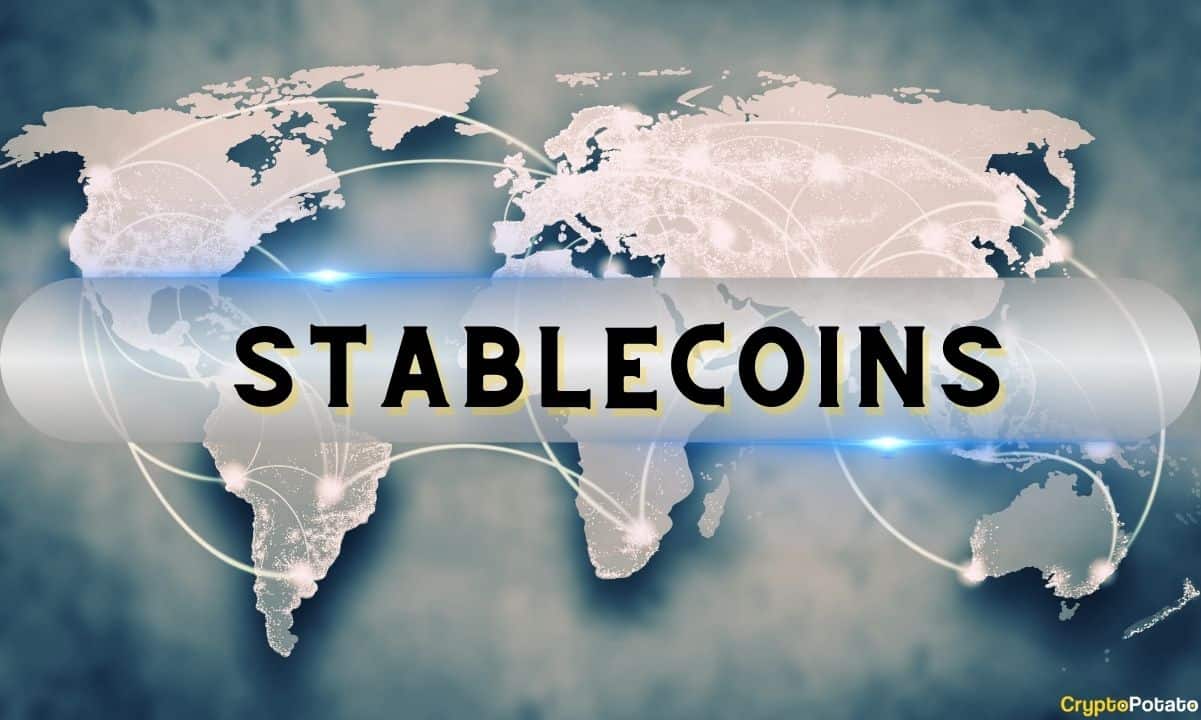Under recently elected president Lee Jae-myung, South Korea’s ruling party introduced the Basic Digital Asset Act on June 10, allowing local stablecoins issuance whilst relaxing rules for digital asset exchanges.
Under the proposed legislation, instead of the Bank of Korea (BOK)—South Korea’s central bank—approving stablecoin issuers, the authority will fall to the country’s top finance sector watchdog, the Financial Services Commission (FSC).
The bill also stipulates that local companies can issue stablecoins with a minimum equity capital of 500 million won ($368,000), down from a previously proposed 5 billion won (roughly $3.6 million), significantly reducing the regulatory barrier to entry. In another mandate, issuers must also guarantee refunds through reserves.
South Korean stablecoin trading is surging, with transactions involving the leading U.S. dollar stablecoins reaching 57 trillion won ($42 billion) on five main domestic exchanges in the first quarter, according to Bank of Korea data reported by the Korean Economic Daily. The new legislation is expected to further encourage this trend.
Whilst stablecoin provisions were front and center of the Basic Digital Asset Act, it also proposed relaxed rules for digital asset exchanges, enabling them to participate in lending and choose which tokens to list.
It’s hoped this measure will support the country’s booming digital asset space, where a total of 16.29 million people had accounts at the top five domestic virtual asset exchanges—Upbit, Bithumb, Coinone, Korbit, and Gopax—as of late February, according to data submitted to Rep. Cha Gyu-geun of the minor opposition Rebuilding Korea Party, as reported by local outlet Yonhap News.
This data shows that participation in the digital asset market is nearly 32% of South Korea’s population.
Another ‘crypto’-President takes office
President Lee, the progressive leader of the Democratic Party of Korea, defeated his conservative rival Kim Moon-soo in last week’s snap presidential election.
Kim’s loss is perhaps unsurprising, as he came from the same party as impeached president Yoon Suk Yeol, who plunged the country into chaos after he attempted to impose martial law, eventually resulting in his impeachment.
The new President Lee, has been a vocal proponent of stablecoin adoption and appears to be moving quickly to deliver on his campaign pledge to allow local companies to issue stablecoins.
“We need to establish a won-backed stablecoin market to prevent national wealth from leaking overseas,” said Lee, during a policy discussion in May.
In addition to his stablecoin ambitions, Lee also advocated for South Korea’s national pension fund to invest in digital assets and pledged to permit the launch of Bitcoin exchange-traded funds (ETFs) in the country.
However, Lee’s digital asset plans are facing some resistance from the central bank, with BOK Governor Rhee Chang-yong warning last month that non-bank stablecoins could weaken the effectiveness of monetary policy, while Yonhap News described the BOK’s reaction as “panic.”
Central bank sources have also previously argued that the BOK should be involved in the authorization process for the won denominated stablecoin.
Despite such opposition, the early signs of Lee’s reign point to a more United States-style embracing of the digital asset space from South Korea moving forward, taking a lead from the industry’s most influential and controversial advocate-in-chief President Donald Trump.
Watch: Blockchain is much more than digital assets

















 English (US) ·
English (US) ·